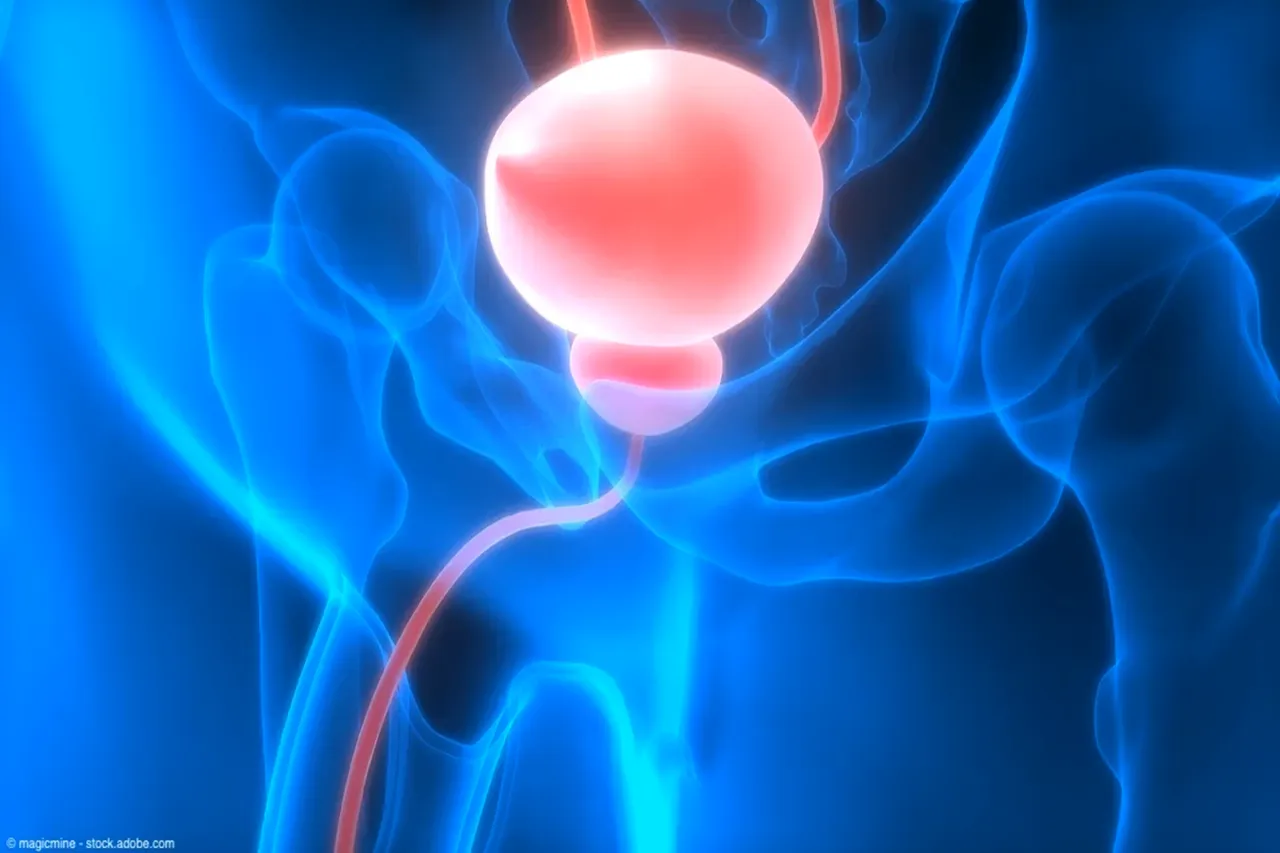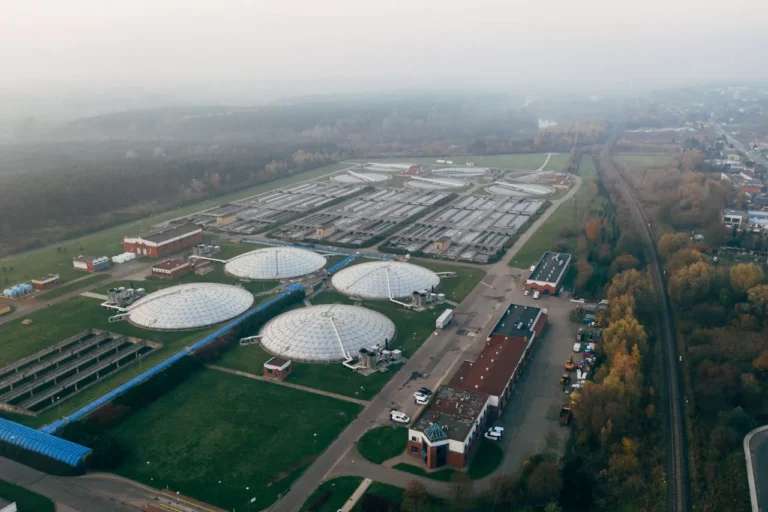
Ferring Pharmaceuticals Co., Ltd. announced today that Japan’s Pharmaceuticals and Medical Devices Agency (PMDA) has formally accepted the New Drug Application (NDA) for nadofaragene firadenovec, a novel non-replicating intravesical gene therapy developed for patients with high-risk, Bacillus Calmette-Guérin (BCG)-unresponsive non-muscle invasive bladder cancer (NMIBC). The filing was submitted on August 27, 2025, and is now under regulatory review.
A Bladder-Sparing Innovation
Nadofaragene firadenovec represents an important advancement for patients facing BCG-unresponsive NMIBC, a population with historically limited treatment options. Administered directly into the bladder through intravesical delivery, the therapy introduces an interferon alfa-2b gene into bladder wall cells. These cells are then transformed into miniature “factories” that produce interferon, activating the body’s own immune system against cancer cells.
Unlike conventional chemotherapy, this approach leverages the immune system without systemic toxicity. Furthermore, the therapy’s quarterly dosing schedule substantially reduces the treatment burden for patients who might otherwise face frequent, intensive regimens.
Expert Endorsement
Professor Keiji Inoue, M.D., Ph.D., Department of Urology at Kochi Medical School, emphasized the significance of this therapeutic approach:
“Nadofaragene firadenovec represents an option for those who failed NMIBC treatment. As the first choice after BCG failure, this bladder-sparing gene therapy offers patients a non-chemotherapy option that transforms their own bladder cells into interferon-producing factories. The 75% complete response rate achieved with convenient quarterly dosing provides hope for patients who previously faced limited treatment options.”
Phase 3 Clinical Data in Japan
The NDA submission is supported by data from a Phase 3 clinical trial conducted in Japan. Results presented at the 112th Annual Meeting of the Japanese Urological Association (JUA) earlier this year demonstrated a complete response (CR) rate of 75% at three months after a single instillation of nadofaragene firadenovec.
The study enrolled 20 high-risk Japanese patients with carcinoma in situ (CIS), with or without concomitant high-grade Ta or T1 papillary lesions. Safety outcomes were also favorable: all treatment-related adverse events were Grade 1 (84.2%) or Grade 2 (15.8%). Importantly, no Grade 3, 4, or 5 adverse events were reported, underscoring the therapy’s tolerability profile.
Consistency with Global Evidence
These Japanese trial results mirror findings from independent U.S. real-world data reported by the Mayo Clinic. That analysis showed a 79% complete response rate, achieved with the same quarterly dosing schedule, without requiring re-induction protocols. Patients who achieved a response were maintained on continued quarterly dosing, highlighting both the efficacy and convenience of the therapy in routine clinical practice.
A Shift from Radical Cystectomy
Until now, patients with BCG-unresponsive NMIBC often faced a stark choice: undergo radical cystectomy—the surgical removal of the bladder—or risk disease progression. Radical cystectomy, while curative in some cases, is a highly invasive operation with significant impact on quality of life.
Dr. Joern Jakobsen, M.D., Ph.D., Vice President and Head of Global Research and Medical for Uro-Oncology and Urology at Ferring Pharmaceuticals, explained:
“Traditionally, when BCG therapy proved insufficient, patients had no choice but to undergo highly invasive treatments such as radical cystectomy or risk cancer progression. Nadofaragene firadenovec is expected to offer a new bladder-sparing treatment option. At Ferring, we are committed to addressing the unmet needs in bladder cancer treatment by providing urologists with critical insights that enable effective, personalized, and groundbreaking therapies.”
Building a New Standard of Care
Ferring Pharmaceuticals views nadofaragene firadenovec not only as a promising therapy, but also as a potential backbone treatment for NMIBC.
Dr. Bipin Dalmia, Global Head of the Uro-Oncology & Urology Franchise at Ferring, stated:
“Our ambition is to establish nadofaragene firadenovec as the new standard of care and the backbone therapy for NMIBC treatment. High-risk NMIBC patients who no longer respond to BCG have endured decades of little progress and currently face bladder removal as their primary option. This PMDA acceptance validates our strategic commitment to bring this treatment to Japanese patients.”
Looking Ahead
The PMDA’s acceptance of the NDA marks an important regulatory milestone for Ferring Japan and for patients across the country. If approved, nadofaragene firadenovec would become the first bladder-sparing gene therapy available for Japanese patients with BCG-unresponsive NMIBC, offering a less invasive alternative to surgery and a novel mechanism of action compared to chemotherapy-based approaches.
Through this submission, Ferring reinforces its commitment to innovating in uro-oncology and advancing therapies that improve both survival outcomes and patient quality of life.
About nadofaragene firadenovec
Nadofaragene firadenovec represents the first and only FDA-approved intravesical non-replicating gene therapy for adult patients with high-risk Bacillus Calmette-Guérin (BCG)-unresponsive non-muscle invasive bladder cancer (NMIBC) with carcinoma in situ (CIS) with or without papillary tumours.
As the first choice therapy following BCG failure, this non-chemotherapy approach utilises a non-replicating adenovirus vector-based therapy containing the interferon alfa-2b gene. Administered locally as convenient monotherapy by catheter directly into the bladder once every three months only, the mechanism transforms bladder wall cells into interferon microfactories, creating high and transient local expression of interferon alfa-2b protein – amplifying the body’s natural cancer-fighting capabilities through gene therapy rather than traditional chemotherapy approaches.
This therapeutic approach has been investigated through comprehensive clinical evaluation including 157 patients in the US with high-risk BCG-unresponsive NMIBC who demonstrated inadequate BCG response (full inclusion criteria published on clinicaltrials.gov: NCT02773849). 5-year follow-up data confirmed 80% overall survival rate and 49% cystectomy-free survival rate in adult patients with high-risk BCG-unresponsive NMIBC with CIS with or without papillary tumours (±Ta/T1), and in patients with high-grade Ta/T1 without CIS. Long-term safety profile maintained with most treatment emergent AEs remaining transient Grade 1 or 2 (66% of all patients studied), and 4% experiencing Grade 3 AEs.3
In the real world setting, between November 2023 and October 2024, 45 patients across three Mayo Clinic locations in the US were treated with nadofaragene firadenovec for BCG-unresponsive NMIBC. Out of 45 treated patients, 29 were included in the analysis.2 After a median follow-up of 8.2 months: 72% of patients showed a complete response or were free from high-grade recurrence at 3 months. 62% maintained this response at 6 months. 94% avoided bladder removal surgery (cystectomy). 100% were still alive at 6 months.
About Non-Muscle Invasive Bladder Cancer (NMIBC)
NMIBC affects the superficial bladder layer without deeper invasion or metastatic spread. Bladder cancer represents a major clinical challenge as the 13th most commonly diagnosed cancer in Japan and ninth globally,4 with 75% presenting as NMIBC in 2022.4 While intravesical BCG remains first-line standard care for high-risk NMIBC, over 50% of patients experience disease recurrence and progression within one year, with many developing BCG-unresponsive disease requiring radical intervention.5
Current treatment options remain limited for BCG-unresponsive patients, with JUA guidelines recommending only radical cystectomy or clinical trial participation.6 Nadofaragene firadenovec offers the first choice non-chemotherapy gene therapy option for these patients, providing an alternative to immediate radical surgery.
About Ferring Pharmaceuticals
Ferring Pharmaceuticals is a privately owned, research-driven, specialty biopharmaceutical group committed to building families and helping people live better lives. We are leaders in reproductive medicine with a strong heritage in gastroenterology and urology, and are at the forefront of innovation in uro-oncology gene therapy. The company is headquartered in Saint-Prex, Switzerland, and has operating subsidiaries in more than 50 countries which market its medicines in over 100 countries.
Learn more at www.ferring.com, or connect with us on LinkedIn, Instagram, YouTube, Facebook and X.
About Ferring Pharmaceuticals Co., Ltd.
Ferring Pharmaceuticals Co., Ltd. established Japanese operations in February 2001 as the dedicated Japanese subsidiary of Ferring Pharmaceuticals, headquartered in Toranomon, Minato-Ku, Tokyo. For more information, please visit Home – Ferring Japan







